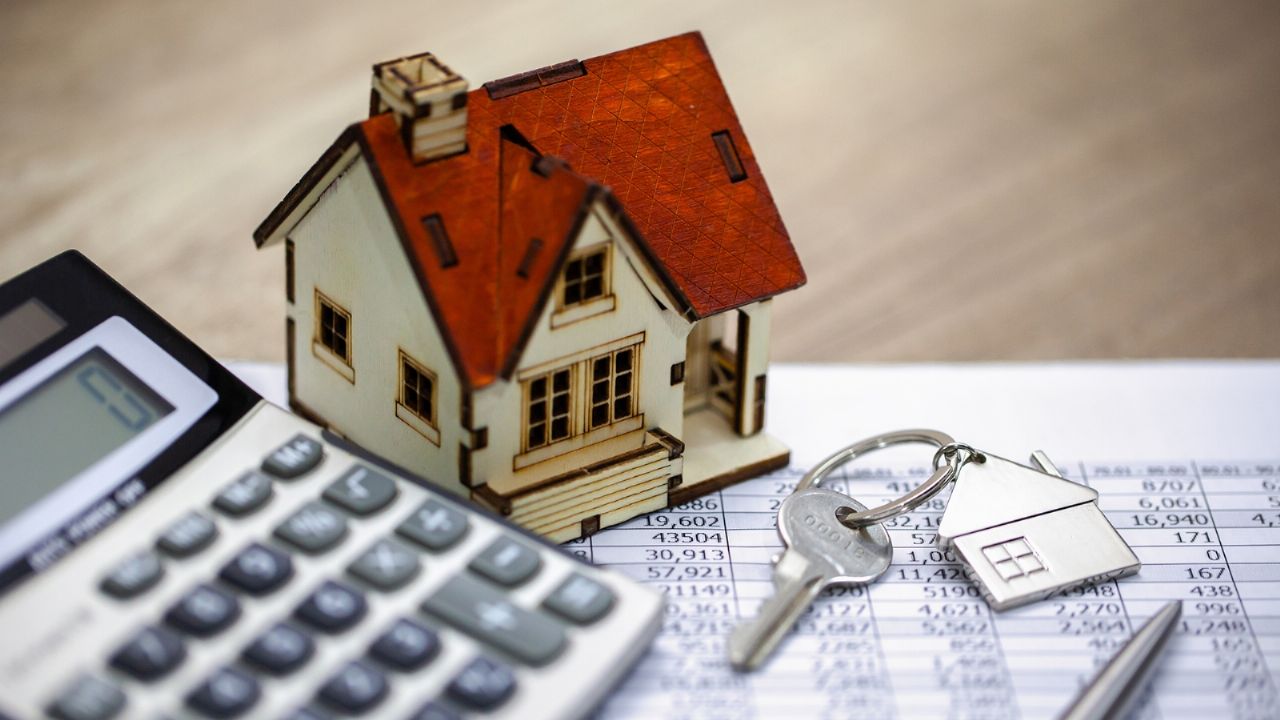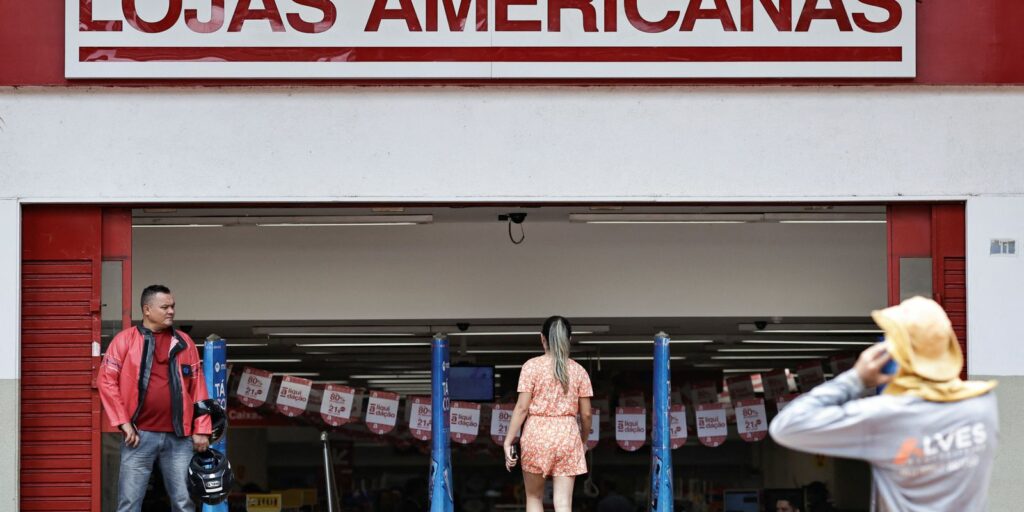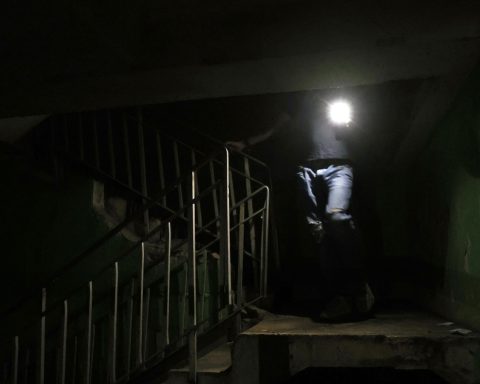Among the increases due to inflation, mass consumption products can be seen at first glance, such as food, non-alcoholic beverages, cleaning and personal hygiene items, as well as fuel, private schools, prepaid health plans, footwear and clothing, among others. In this context, the rentals they are no exception.
These servicesin the northern area of Greater Buenos Aires (GBA), saw their prices increase by 71.2% during the year 2022. The rentals in this region of Buenos Aires their prices increased by 4.9% in the month of December, below 5.1% published by the National Institute of Statistics and Censuses (INDEC); however, they are positioned at approximately 87,000 pesos for a two-room apartment.
Besides, the west-south area of GBA has an average increase of rentals corresponding to 83% year-on-year, lower than the accumulated inflation for all of 2022, which was 94.8%. In first place as the most expensive neighborhood to purchase this service is Canning (86,161 pesos/month), followed by Ezeiza (79,517 pesos/month). On the other hand, the cheapest homes for rent They are in Valentín Alsina (48,234 pesos/month), followed by La Tablada (52,243 pesos/month) and finally Merlo (52,087 pesos/month).
Despite high inflation, which positions the country as the country with the second highest price increase in the Americas and fourth worldwide, the purchase-sale operations in the west and south of the GBA showed a drop in their prices of up to 5.8%. However, this downward curve is less than that registered in 2021, which was 6%.

Big increase for February
The rise in prices of rentals in February it will reach 85.8% year-on-year, according to the Real Estate Professional Association (CPI). These increases are established by the Central Bank of the Argentine Republic (BCRA), which, among other data, averages monthly inflation with the salary increases resulting from the meetings between the chambers of each item with the unions.

The owners ask the Government to return the contracts to two years and the adjustments to two months, which would tie the tenants to signing for a long time without knowing the increases to which they will be exposed. For the benefit of the latter, the ruling party announced an agenda that does not include the treatment of such a measure.


















